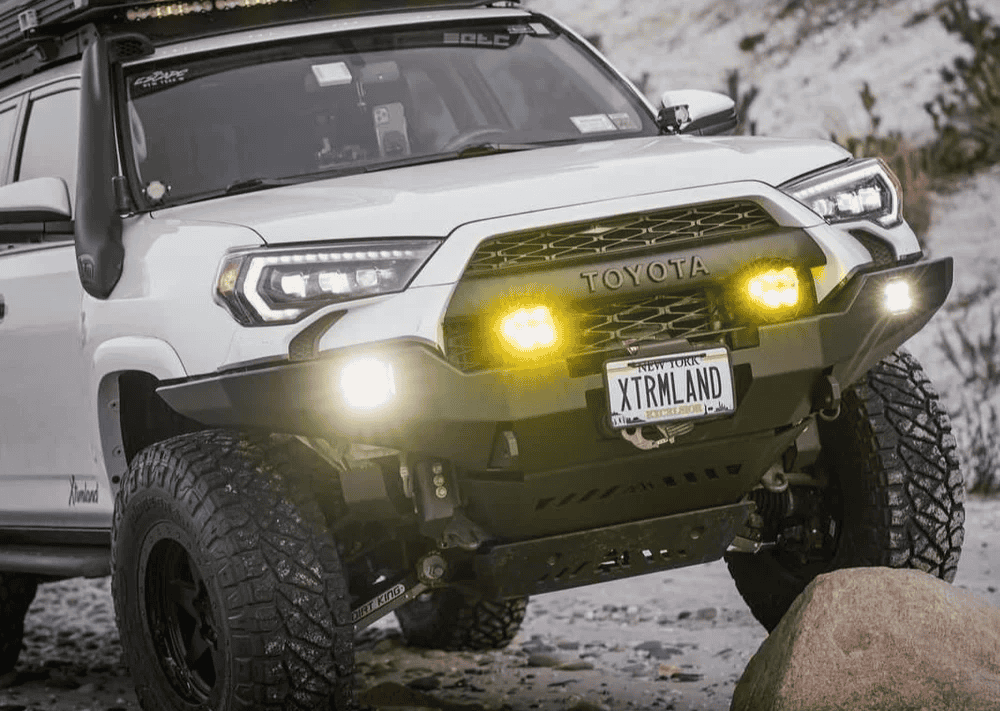Overland Vehicles

A diy overlanding trailer starts with a frame that resists twist, keeps weight low, and tracks steadily behind your tow vehicle. Before you build a camper or begin building a camper trailer, decide on target weight, ground clearance, and tire size to match your rig. For gravel and forest roads, a simple straight axle with leaf springs can work. For rough two track, independent suspension or a high clearance solid axle with quality shocks improves control. If you plan to build rv trailer components like a front box or tongue mounted storage, measure tongue weight early to avoid sway.
Rectangular steel tubing offers predictable strength and is friendly to welding and fasteners. Box the tongue to reduce flex and choose a coupler that allows articulation on uneven terrain. When making a camper trailer or learning how to make a camper trailer, pick an axle rating that gives at least twenty percent headroom beyond loaded weight. A diy rv trailer that carries tools, water, and a spare may need electric brakes for long descents. Keep the deck height low so a home built rv trailer remains stable in crosswinds.
Plan the cabin like a tiny home. Heavy gear rides forward and low, light gear rides high and aft. A diy pull behind camper with a forward galley must consider fumes and airflow, while rear galley setups need dust control. Plywood ribs with a thin skin keep weight down, while an aluminum frame saves more weight but can be harder to fabricate. When building a travel trailer or a diy camper build, mock up cabinets with cardboard or foam board to check reach and clearance.
Marine plywood sealed with epoxy is a proven path for a homebuilt camper trailer that sees changing weather. If you prefer metal, use aluminum sheet over a wood or composite subframe, isolating dissimilar metals to prevent corrosion. Proper seam sealing, drip edges, and fender liners keep grit out. For a do it yourself camper trailer or a do it yourself travel trailer, aim for a thermal break in the walls and roof, add a roof vent with a fan, and place windows where cross flow will cool the cabin without adding leaks.
Clear drawings prevent costly rework. Camper plans and camper trailer plans outline rib spacing, door placement, and galley clearances. Travel trailer plans and diy camper plans help you scale the floor to your mattress and storage totes. If budget is tight, you can study diy camper trailer plans and diy travel trailer plans to estimate material lists and weight. Many builders search diy camper trailer designs and diy camper trailer plans free or diy travel trailer plans free to compare profiles before committing. Off road teardrop camper plans, off road teardrop plans, and off road teardrop trailer plans show wheel well placement and departure angles that suit rough routes.
A square, a good drill, a rivet gun, a welder or access to welding services, and a track saw speed up construction. Making a camper trailer calls for patient measuring and frequent dry fits. A home built camper trailer or homemade travel trailer benefits from staged milestones: roller chassis first, then shell, then doors and hatches, then wiring and final sealant. A homemade rv trailer that is wired cleanly and sealed carefully will be quieter and more dust resistant on long drives. As you build, record tongue weight and ride height after each major step so the diy camper trailer stays balanced.
Practical notes for power and water: size a battery to cover lights, a vent fan, and device charging for at least one full day with no sun. Mount the inverter, fuse block, and shutoff in a dry, ventilated compartment that is easy to access. Keep water jugs or a small tank low and inside the axle span to protect fittings and keep slosh from upsetting the trailer. For cooking, many builders choose a simple slide out galley that keeps propane and flame away from bedding.
Prefer expert craftsmanship and a quicker path to the trail. OZK Customs builds fully engineered platforms that meet overland demands without guesswork. Explore our overland rigs to see how a purpose built setup performs off grid. If you want a professional layout, power system, and storage strategy that matches your gear list, check out our custom overland upfit. Curious about how we work and why travelers trust us, visit why choose OZK Customs.
When you are ready to turn your ideas into a dependable rig that fits your life, our Fayetteville shop can deliver a trail proven build and a smooth handoff through our Adventure Point experience.
Ready for a purpose built rig without the trial and error. Talk with OZK Customs about a professionally engineered overland platform or towable that fits your routes, your gear, and your timeline. Share your goals and let our Fayetteville team translate them into a reliable build that is trail proven and trip ready.
ADDRESS:
6159 E Huntsville Rd, Fayetteville, AR 72701
PHONE:
(479) 326-9200
EMAIL:
info@ozkvans.com